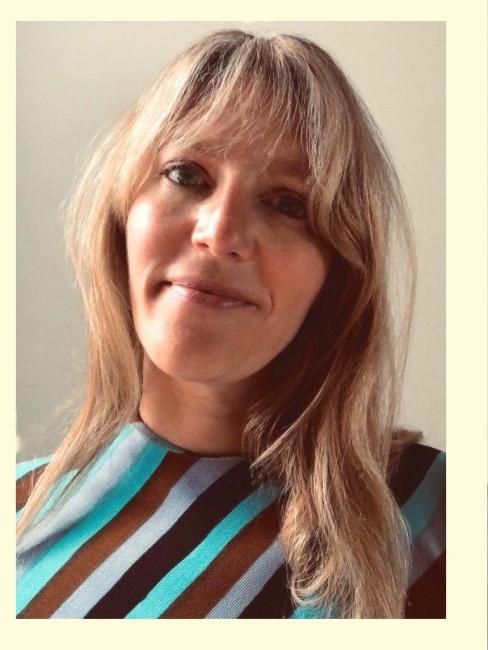A guest here of the University of Galway, Becky designs and leads initiatives at the intersection of arts, business, and social impact, fostering trust, inclusion, and opportunity across sectors and continents; she seems to have no job title except those she occasionally gives herself.
Becky Schutt has 25 years’ experience at the nexus of arts, business, and social impact. A former Fellow & Lecturer at University of Cambridge Judge Business School, she has designed and led programs for governments, NGOs, cultural institutions, artists, and social entrepreneurs in 20+ nations in six continents. She focuses on creative, systematic approaches to trust-building, capacity development, inclusive governance, and concepts of success.
As a Partner at Giving Connect, she connects capital for foundations and for-purpose organizations in Australia, East Africa, SE Asia, and the US including Classroom of Hope (Indonesia), The Phillips Foundation (TFP), Crown Resorts Foundation, and So They Can (Kenya & Tanzania). She convenes TPF’s Swim Skills for Life Co-Lab, a portfolio of 15 organisations working to prevent drowning globally.
Becky pilots Business Class, a 2-hour experiential workshop set aboard a ‘mock’ airplane flight with seats randomly assigned in economy, business & first class; tomato juice is available with ice in upper class only. The workshop—part dialogue, part immersive experience—invites participants to consider how our behaviours, structures and perceived “needs” may be harming the planet, our communities and one another.
She is Trustee of Arts & Homelessness International and Crossing Borders Global (fostering intercultural dialogue), and former Chair of Hoipolloi Theatre. She mentors artists & creative technologists at NEWINC at The New Museum in NYC, Lisa Jamhoury Studio, and UK’s Young Wilders, and is an Advisor to Amuzn, a new global platform creating micro-employment for artists.
In 2023, she was brought in to lead and today facilitates the British Council’s Fellowship for the Venice Arts & Architecture Biennales, expanding the program by widening access and fostering intercultural connections. For the first time in its 125-year history, the British Pavilion welcomed invigilators who had experienced homelessness, displacement, or required full-time carers; 70% of Fellows reported feeling like “the other” prior to Venice.
She led the British Council’s $12m Developing Inclusive & Creative Economies (DICE) program, collaborating with 19K creative social entrepreneurs via capacity building, research, and policy change, hailed as a “bold innovation in international development” and a "model for 21st century leadership." 18 works inspired by the program from artists in Brazil, Egypt, Indonesia, Pakistan, South Africa & the UK will be on view at Princeton University in 2026.
She co-founded the UK’s National Relaxed Performance Pilot, catalyzing a global movement in arts access for people with severe autism (2011), the feasibility study for the National Contemporary Art Gallery of Wales, which opened in 2024, and co-authored Dubai’s cultural strategy in 2008 (we know how that worked out). She began her career as an educator aboard the Artrain, traveling on the train across America with NASA's art collection.

